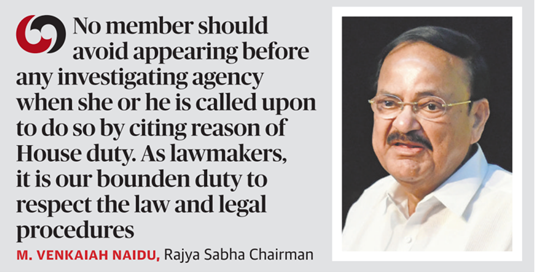Free Courses Sale ends Soon, Get It Now


Free Courses Sale ends Soon, Get It Now



Copyright infringement not intended
In News
Parliamentary Privileges
Collective Privileges
Individual Privileges
Sources of Privileges
https://epaper.thehindu.com/Home/ShareArticle?OrgId=G13A48SH4.1&imageview=0
https://t.me/+hJqMV1O0se03Njk9
© 2024 iasgyan. All right reserved